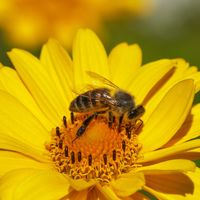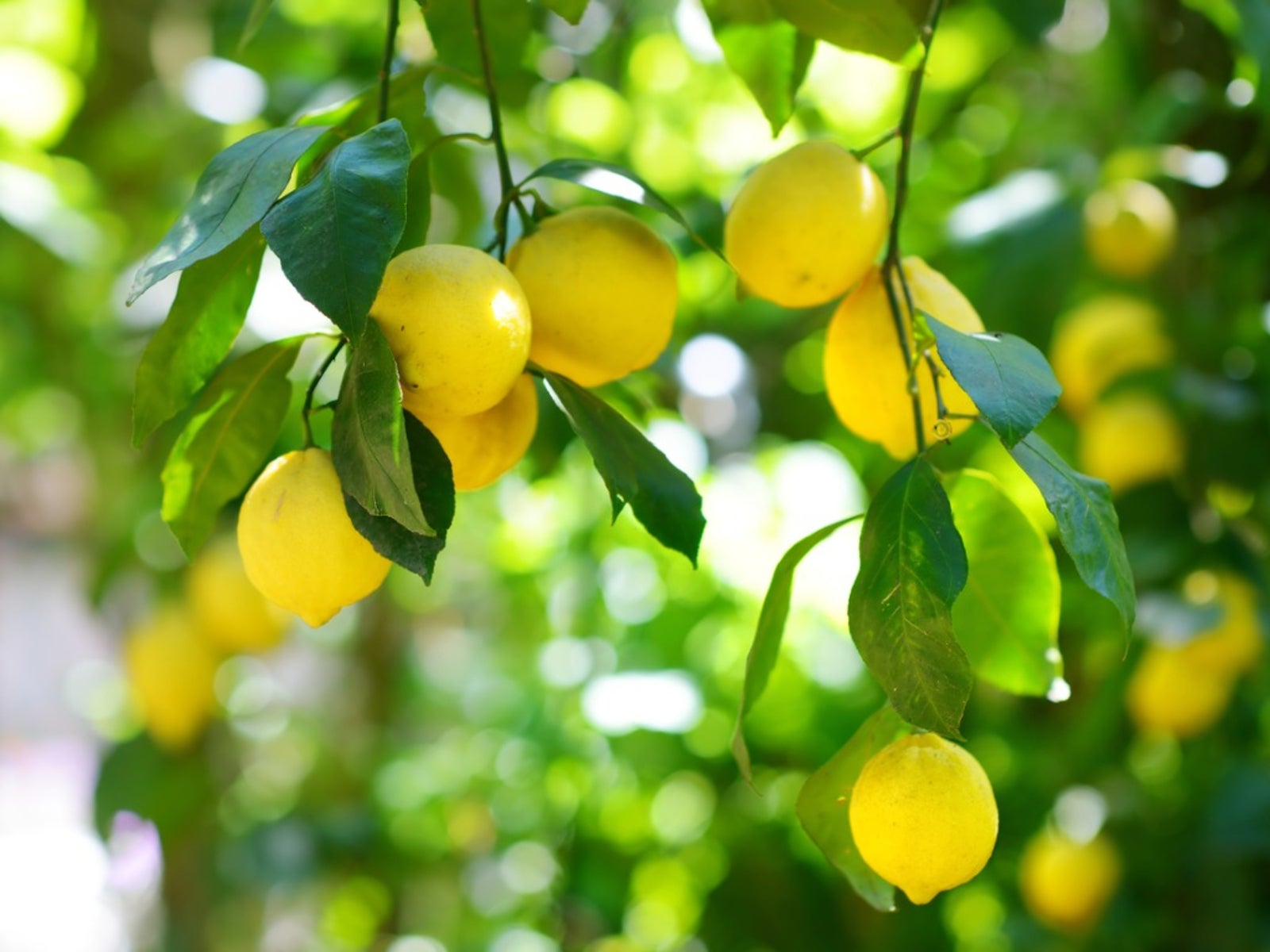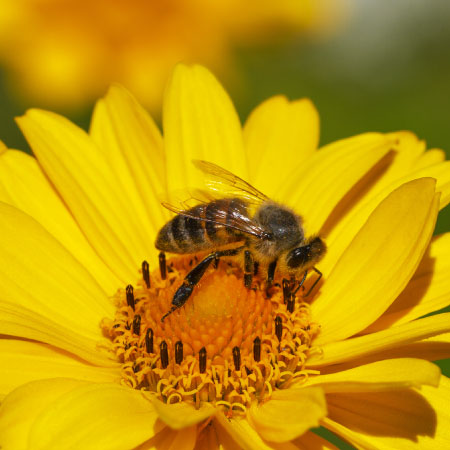Lemons Falling From Tree: How To Fix Premature Fruit Drop On A Lemon Tree


Sign up for the Gardening Know How newsletter today and receive a free copy of our e-book "How to Grow Delicious Tomatoes".
You are now subscribed
Your newsletter sign-up was successful
Although some fruit drop is normal and not a cause for concern, you can help prevent excessive drop by providing the best possible care for your lemon tree. If you're worried by a lemon tree dropping fruit and currently have lemons fall from trees, continue reading to learn more about what causes fruit drop in lemons and prevent lemon tree fruit drop.
What Causes Fruit Drop in Lemons?
Generally, you may see lemons falling from trees if the tree sets more fruit than it can support. A lemon tree normally goes through three periods of fruit drop. The first drop occurs when 70 to 80 percent of the flowers fall from the tree without ever setting fruit. A week or so later, pea-sized fruit drop from the tree. The third drop occurs in spring when the fruit is about the size of a golf ball. Unless premature fruit drop is excessive, however, these drops are not a cause for concern. In many cases, lemon tree fruit drop is due to environmental factors that you can't control. Sudden changes in temperature and heavy rains can often cause premature fruit drop.
Preventing Lemon Tree Fruit Drop
Occasionally, a lemon tree dropping fruit can be prevented, as dropping fruit can also result from improper watering or fertilization, excessive pruning and insect infestations. Water lemon trees when you have had less than 1 ½ inches (4 cm.) of rain in a week. Apply water to the soil around a lemon tree slowly, allowing it to sink into the soil. Stop when the water begins to run off. If you have heavy clay soil, wait about 20 minutes and water again (or amend the soil to improve drainage). Too much water leaches the nutrients out of the soil, and not enough stresses the tree. Citrus trees need a good balance of nitrogen and other macronutrients as well as a variety of micronutrients. You can provide the tree with everything it needs by using a citrus special fertilizer. For best results, follow the label instructions. Whiteflies, aphids, scales, and mites sometimes infest lemon trees. These insects seldom cause serious damage, but they may cause premature fruit drop and blemish the fruit. Use narrow-range horticultural oils in late winter and early spring when the insects are in the larval or “crawler” phase of their lifecycle. For small trees, a strong blast of water from a hose will knock some of the insects from the tree, and insecticidal soaps or neem oil sprays are somewhat effective in controlling adult insects. Allow lemon trees to grow naturally as much as possible without pruning. Remove dead, damaged, or diseased limbs as needed, but if you need to control the size of the tree, do so with the fewest possible cuts.
Sign up for the Gardening Know How newsletter today and receive a free copy of our e-book "How to Grow Delicious Tomatoes".

Jackie Carroll has written over 500 articles for Gardening Know How on a wide range of topics.